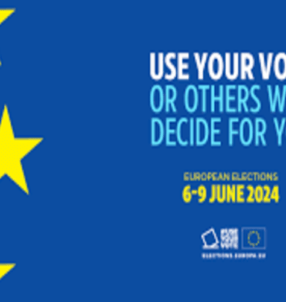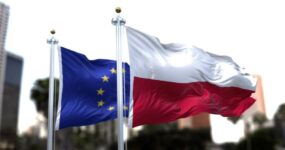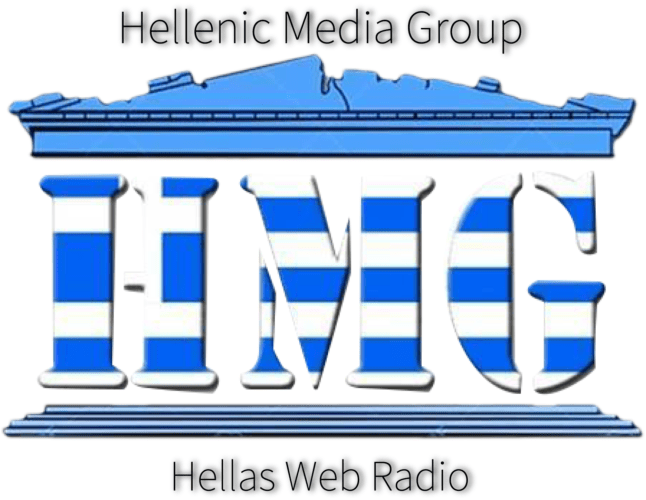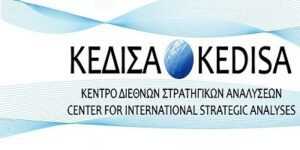Russia’s invasion of Ukraine and the shift in the current geopolitical landscape have led to the realisation that the EU’s strategic interest in a stable and secure environment in its near neighbourhood must go beyond who will be the next member.
In large part due to the war, the EU’s enlargement process has suddenly been resuscitated after almost a decade of stagnation.
Earlier this year, top EU officials said the current situation demonstrated the need to speed up procedures which the previous Juncker Commission essentially halted.
“Times are changing, in the sense that Europe can also offer things and not always demand, and sometimes offers work better than demands,” Enlargement Commissioner Olivér Várhelyi told EURACTIV after the presentation of this year’s enlargement reports.
While some countries saw a slight shuffle forward in some areas, there were no real changemakers in this year’s assessments.
Asked about whether he sees tangible progress made over the past years, Várhelyi was more positive, stating, “looking at the reports; everybody’s on balance, so we are making progress.”
“Of course, there are issues with each and every single candidate country – but this is the nature of the reports, we always put forward the areas where we need more delivered,” the enlargement commissioner said.
“However, we cannot forget about the completely different geopolitical context in which we’re working at the moment – and that geopolitical context also has opportunities,” he added.
A change in beat
After EU leaders in June granted candidate status to Ukraine and Moldova as a signal of solidarity, and member states in July green-lighted the start of long-delayed accession talks with North Macedonia and Albania, this year’s report is the last one to only focus on the Western Balkans.
The decision to recommend granting candidate status to Bosnia and Herzegovina surprised many, not least since this year’s report noted very little progress had been made.
But the European Commission hopes that dangling the carrot of candidate status, accompanied by eight conditions, will motivate Bosnia’s authorities to get their house in order.
“Bosnia has a point to prove that they will do things differently,” Várhelyi told EURACTIV, adding this carrot is not an offer for the political class but for the country.
It remains to be seen whether EU leaders will respond to the recommendation, likely to be considered in December, with the same positivity as they did to Ukraine’s and Moldova’s bids.
However, it would be a chance to boost Bosnian morale after years in the waiting room and being leap-frogged by Kyiv and Chisinau.
Neighbours and allies
Some EU member states have argued the EU has not been firm enough with candidate countries over the years. But the current situation in Ukraine and the continual sabre-rattling from Moscow have increased the growing importance of the Western Balkans.
For increased security in the EU and its neighbourhood, solidarity has become essential, along with alignment with the bloc’s foreign and security policy in the long-term vis a vis Russia and China.
Serbia has traditionally taken a position of neutrality regarding NATO and Russia but is increasingly expected to pick a side amid mounting pressure from both sides.
“If you look at the rule of law, they have progressed now, but the CFSP alignment is an issue. To my mind, it is clear that our member states, in the current geopolitical situation we are in, devote huge attention to this issue,’ Várhelyi said.
Belgrade, however, continues to not align with sanctions and has confirmed it has no intention to do so in the future.
“We understand the very specific and peculiar position Serbia is in, but we need their support, and we need their help, and there are ways to do that,” he said.
“This is a question of alliances. We regard Serbia to be our ally,” he added.
Turkey back on agenda
Following the reports, Turkey has emerged as a key country with Ankara playing broker in the Ukraine grain deal and aiming to be the arbiter between Kyiv and Moscow and Armenia and Azerbaijan. In addition, its crucial yet antagonistic role in East-Med security and migration means they must have a place at the table.
“We see the tensions, and the European Council has been very clear that we are ready to have good relations with Turkey, but we need to see these inflammatory actions stop, and our messages are very clear from the report,” Várhelyi said.
But for the first time, this year’s enlargement report mentions the strategic importance of good relations with Turkey, something Várhelyi underlines.
“We also need to understand internally that Turkey is a key NATO ally, Turkey is also a very important regional player – having Turkey on our side is in our interest.”
“This means we will continue to engage with Turkey, of course, not shying away from drawing their attention to the problems that we see, such as the direct confrontation with at least two of our member states and the need to address return operations of migrants in accordance with the Turkey statement and bilateral agreements concluded with Libya,” he added.
While these issues are very much present, it is necessary to understand that the relationship between Ankara and the EU has very deep roots, he concluded.
[Edited by Alice Taylor]
Source: Euractiv.com















Leave a comment